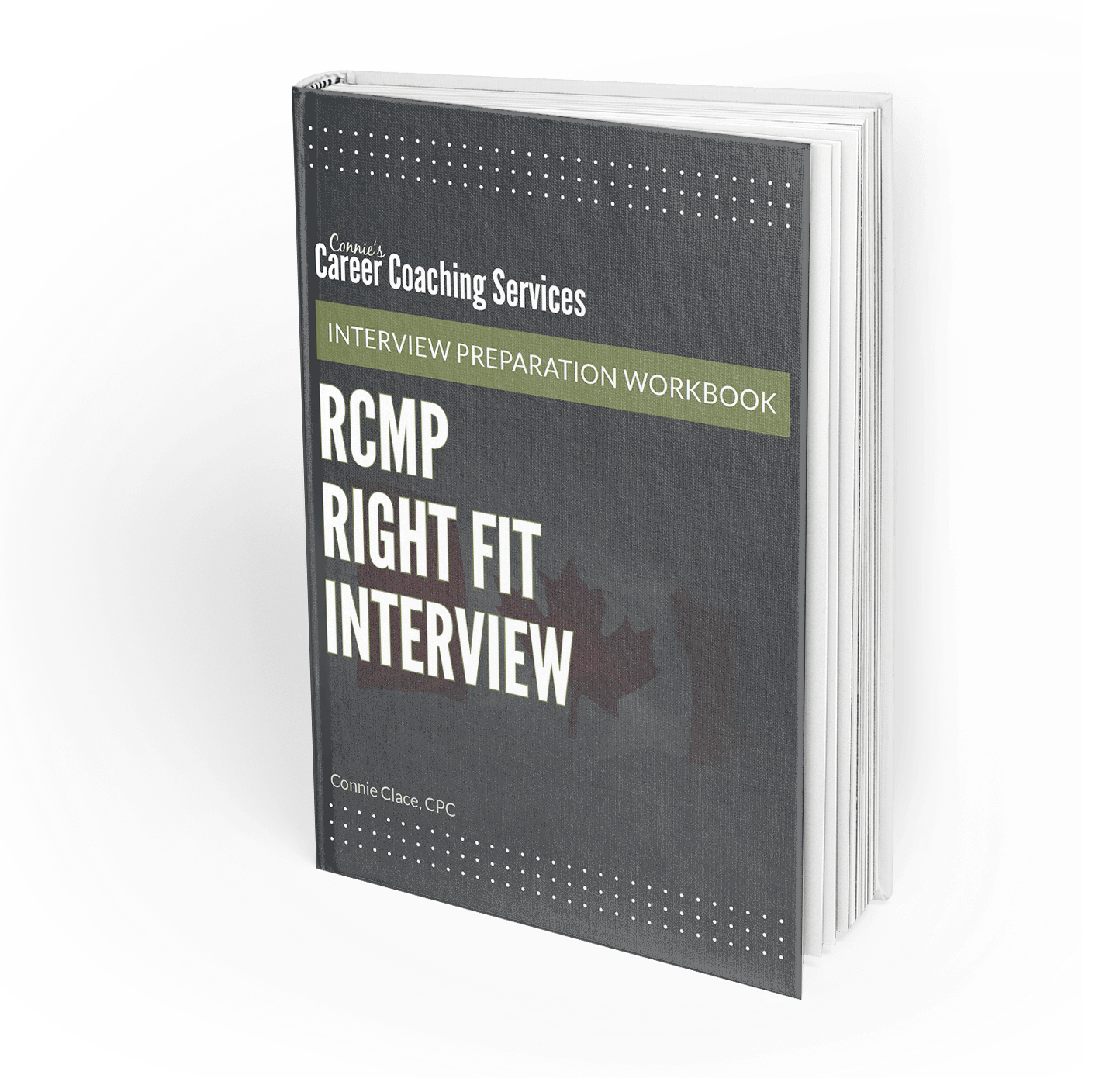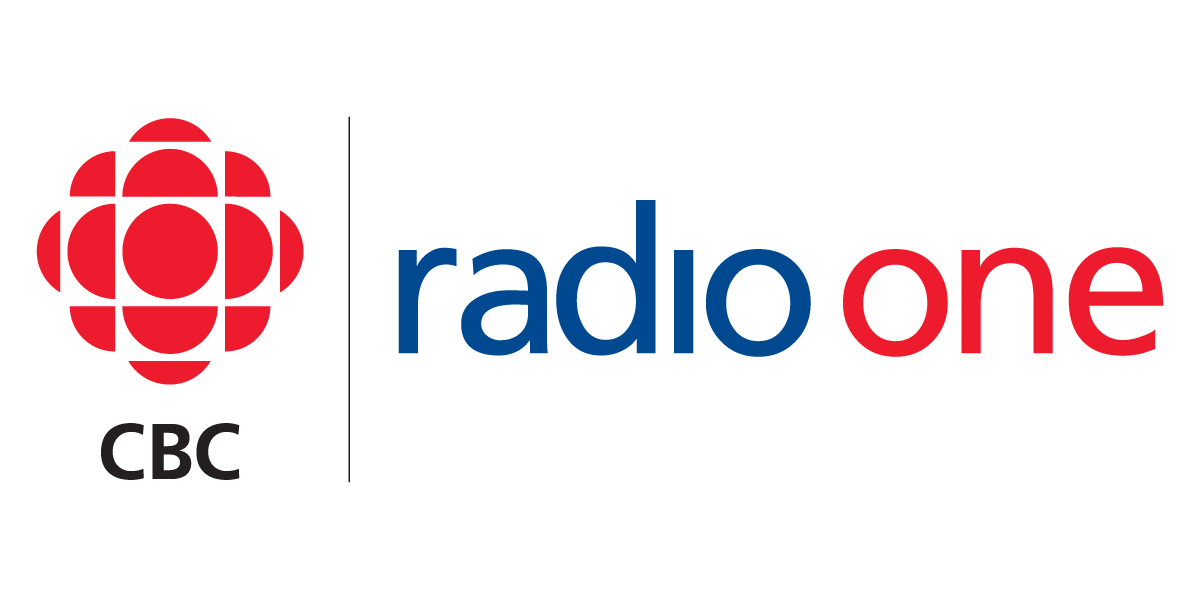Federal Government Jobs – Knowledge Test/Interview (Part 4 of 5)
In my latest post, I broke down the Essential Qualifications, and how you can demonstrate you possess them. If you do meet all of the essential qualifications, then you have demonstrated that in your resume and/or cover letter and submitted it before the closing date.
Now, should you just sit back and wait and see if you get invited to the next stage?
No. Assume that you will get screened in, and start preparing for the next stage of the process now. You might find that you get invited to write a test but don’t get a lot of notice. So start preparing now. But what should you do to prepare? Go back to the job poster and see what they have identified as being assessed at a later date.
Let’s break the next phase down a bit further.
After the section listing the Essential Qualifications and Asset Qualifications, you might see a section that says something like:
The following will be applied/assessed at a later date (essential for the job).
This might be broken down into a few sections, depending on the job for which you are applying.
Language (if applicable)
- If there are any language requirements for the job, it will be outlined in this section. Depending on the requirements, you might see something like:
- Various language requirements (for pools)
- English/French Essential
- English Essential
- French Essential
- Bilingual Imperative
- Bilingual Non-Imperative
- Bilingual classification is broken down into three sections:
- Reading
- Writing
- Oral Interaction
- If applying for a job where there is a language requirement other than your first language, you will be required to verify that you are at the required level, or you will be tested using the Federal Government standards. More information on language requirements can be found on the Government of Canada website or, if required, there will be a link on the job poster.
Knowledge
- This section will outline all of the knowledge that you must bring to the table to successfully perform the duties of the position. This is not experience, so you do not have to demonstrate the you have done them, but simply have knowledge of them. They usually relate to the technical side of the position, i.e. if you were applying for a finance position, you might see something like:
Knowledge of financial resource management, financial planning, forecasting, accounting, and reporting practices in the public sector.
- Knowledge factors are often assessed during a written test, but can also be assessed during the interview.
Abilities
- The abilities section covers areas that are less technical in nature, and more about your skills. Abilities target skills that the hiring manager has determined are required for you to be successful in the position. For instance, if you were applying for a job as a Finance and Administration Manager, you might see something like:
Ability to analyze, assess and prepare business cases.
- You might see some statements that are a bit more generic in nature, that could be attached to any job poster, i.e.:
Ability to communicate effectively both orally and in writing.
Personal Suitability/Competencies
- This section covers what I call the soft skills, or qualities that the hiring manager has identified as being important for the position. You might see things like:
-
- Integrity
- Judgment
- Client Service
- Team Player
-
- This section is often assessed at the interview, but could also be assessed during a written test or during the reference checks.
As I have outlined in the experience section, where there could be both essential and asset experience clauses, the same applies for this section. You might see a section that says :
The following may be applied/assessed at a later date (may be needed for the job).
You would treat this section the same as the section that I have outlined above.
Again, I strongly recommend that you start preparing for these stages as soon as you have applied for the job.
For the knowledge section, make sure you are up to date on the factors that are being assessed, and research and study whatever materials are available. For the abilities and personal suitability factors, start thinking of things you have done recently that demonstrate that you meet these competencies.
Think in terms of the S*T*A*R factor (Situation, Task, Action, Result) and then start practicing delivering them.
If you’re not sure how to go about preparing yourself for these next steps, don’t be afraid to reach out to a Certified Professional Career Coach who has extensive experience preparing clients for the Federal Government job process. Take the guess work out of it and make sure you know how to proceed.
As my series of posts continues focusing on Federal Government jobs, we will continue to focus on each of the components of the job poster, and how you can continue preparing. There are many steps involved in being successful with the Federal Government job process. The more you understand the process, the more prepared you will be, which will improve your chances of being successful.
Stay tuned for further insight on this challenging career process.


Leave a Reply